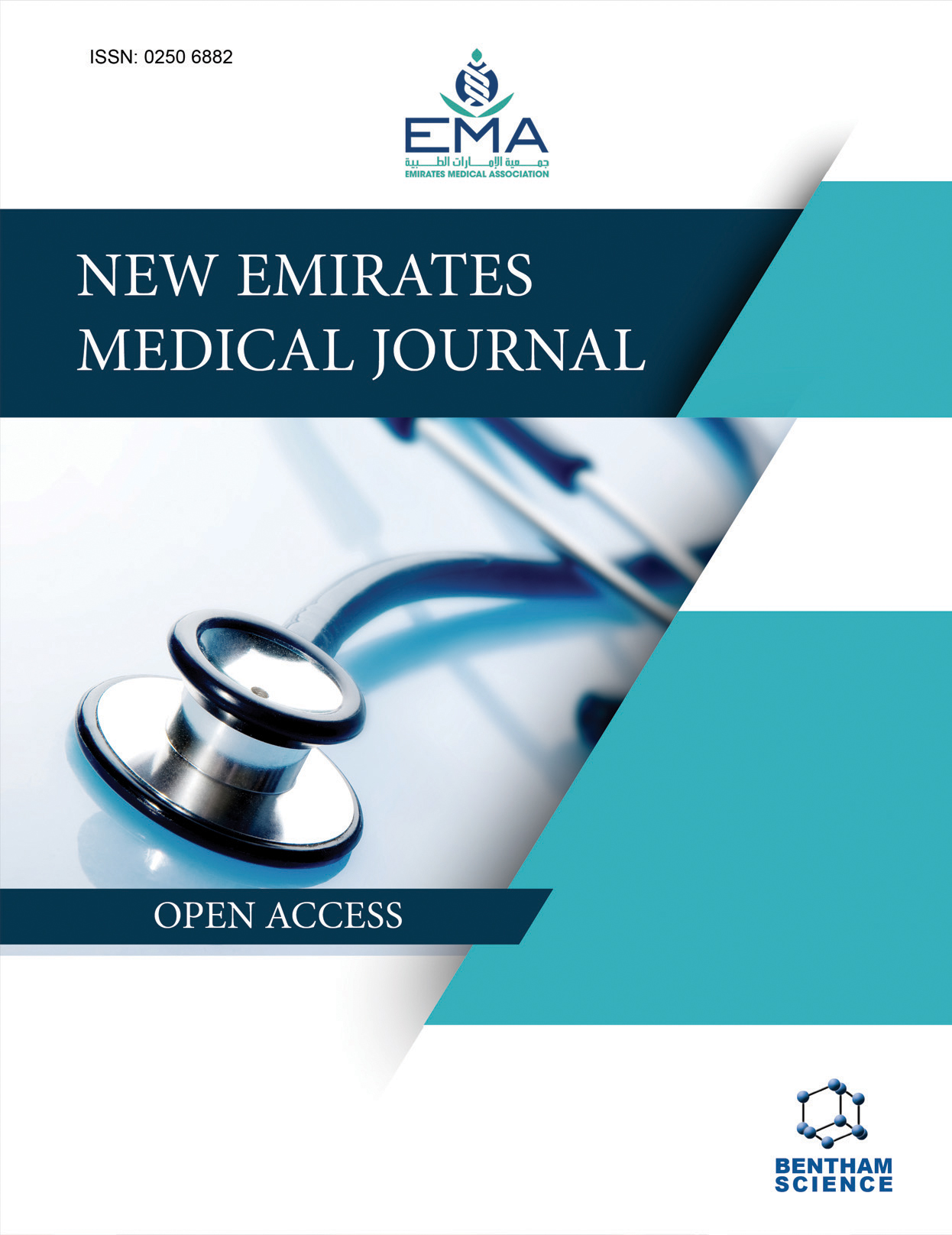
-
oa Understanding Primary Endometrial Squamous Cell Carcinoma: A Narrative Analysis”
-
-
- 25 Jun 2024
- 15 Nov 2024
- 24 Dec 2024
Abstract
Primary Endometrial Squamous Cell Carcinoma (PESCC) is a rare variant of endometrial carcinoma accounting for <1% of all endometrial malignancies. It is a highly aggressive tumor and carries a very poor prognosis with a 5-year survival reaching up to zero. The exact pathogenesis of PESCC is unclear, and different theories have been proposed for its origin. The most widely accepted theory proposes the endometrial squamous metaplasia, progressing to dysplasia and frank squamous cell carcinoma. The role of human papillomavirus infection in its pathogenesis is controversial. The present review aims to brief the clinical features, pathogenesis, diagnosis, and management of PESCC. The literature was searched from March 2003 till April 2024 using different databases like PubMed, SCOPUS, and EMBASE and many English peer-reviewed journals. The following search terms were used: “Primary endometrial squamous cell carcinoma,” “Pathogenesis of PESCC,” “Ichthyosis uteri and PESCC,” and “Management of PESCC.” PESCC is a rare endometrial malignancy, and very few cases have been reported in the literature. The overall prognosis of the disease is poor, and management includes total hysterectomy with lymph node resection followed by chemoradiotherapy, depending on the stage of the malignancy.


